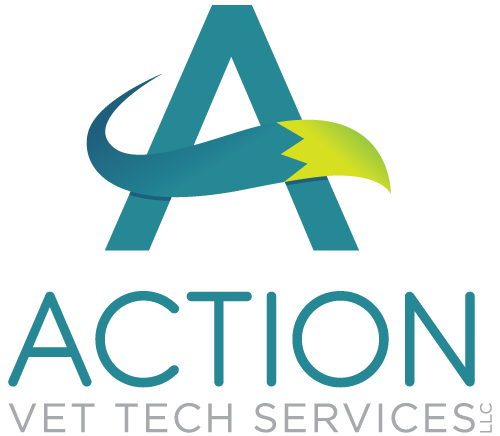Jacklyn Phillips, RVT
In the veterinary industry it is common to refer to all veterinary nursing staff as technicians. Recently, there has been discussion of title protection for RVT, CVT, LVT. Only referring to these staff members as technicians because of their education and credentials. This title obviously doesn’t account for the level of experience and skill set. So much of our training and skills are learned on the job. Many assistants don’t feel there is value in going to college for a technician degree because they are taught on the job and ultimately fulfilling the same role as a credentialed technician would depend on hospital culture and standards. Some are even paid the same or more than a credentialed technician. This is also variable by state on what is written in the Practice Act of that state’s Medical Association on who is recognized as a “technician”.
The value for RVT, CVT, LVT’s is the formality of thorough education in all aspects of the job. The why’s with the how’s. In school, we study pharmacology, microbiology, anatomy, physiology, medical math, medical terminology, animal husbandry, anesthesia, dentistry, phlebotomy, and so much more. Then we are tested on our competency and must pass to earn our degree. Generally, this is a 2-year AAS (Associates of Applied Science), or some might obtain a 4-year bachelor’s degree. In addition, we must pass a national examination (VTNE) to obtain our RVT, CVT, or LVT. Lastly, to sustain our license, we require several hours of CE per year/every other year that we submit to our Medical Boards which allows us to stay up to date on current practices and standards of care. This does not hold true for on the job trained “technicians”.
Obtaining credentials as a technician also allows us the opportunity to advance our careers into specialties or other career paths. A VTS (Veterinary Technician Specialist) goes through additional studies on an area of focus (ECC, Anesthesia, Internal Med, Neurology, and more) which requires working alongside a specialty dept, obtaining logs of case studies, then undergoing extensive testing to certify them in their area of focus. Many VTS’s utilize this to open opportunities of training, education, and consulting to raise the standards of patient care within our veterinary community.
AVTS protects the technician title. We value that education didn’t come easy for this role. When I went to tech school, we started with 40+ students in the program, yet graduated with only 9. At AVTS, we seek candidates with diverse experience and a minimum of 5 years in the field to fulfill the needs of our hospital accounts seeking relief technicians and training. We currently have 3 VTS on our team that we utilize for specialized and advanced training.

